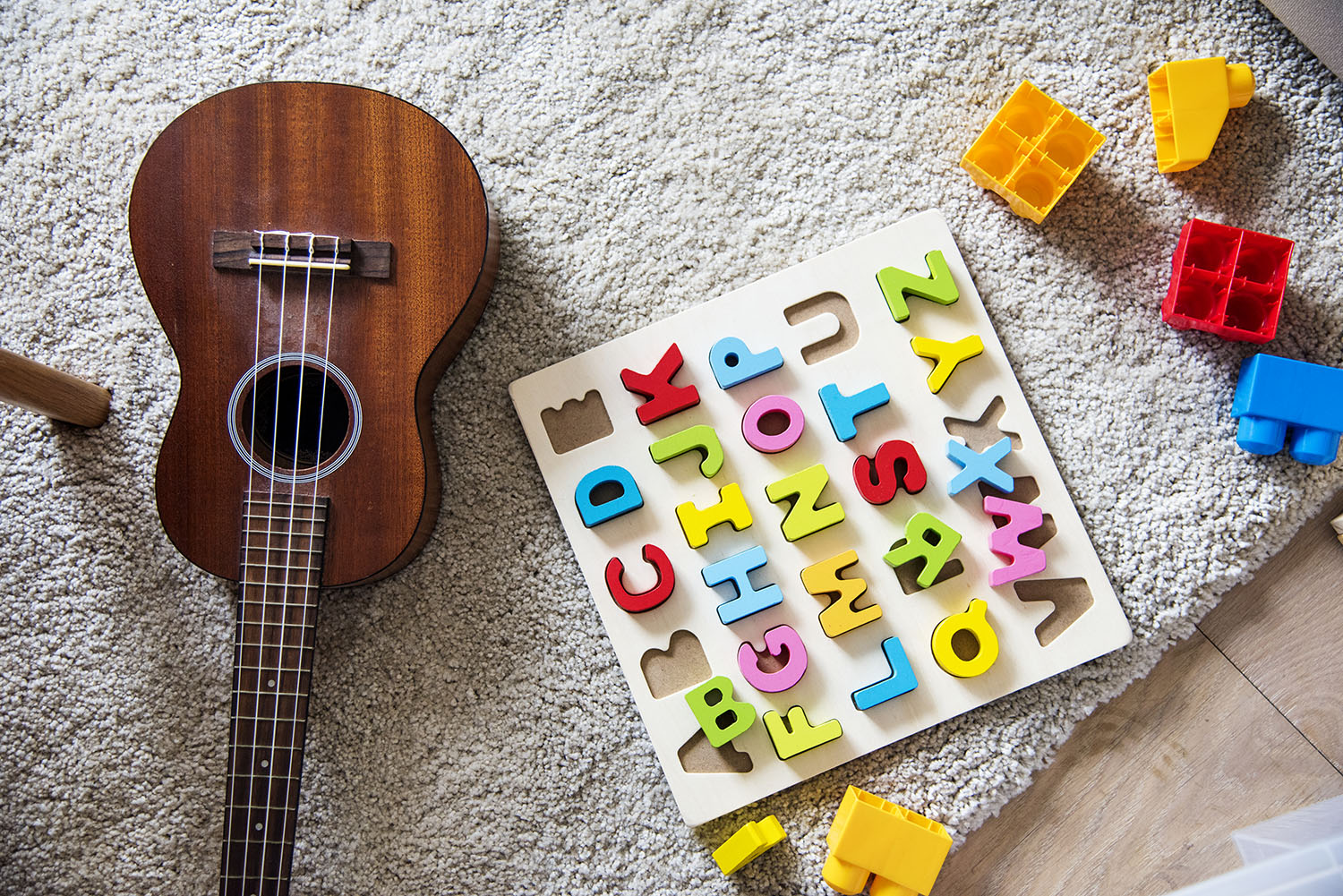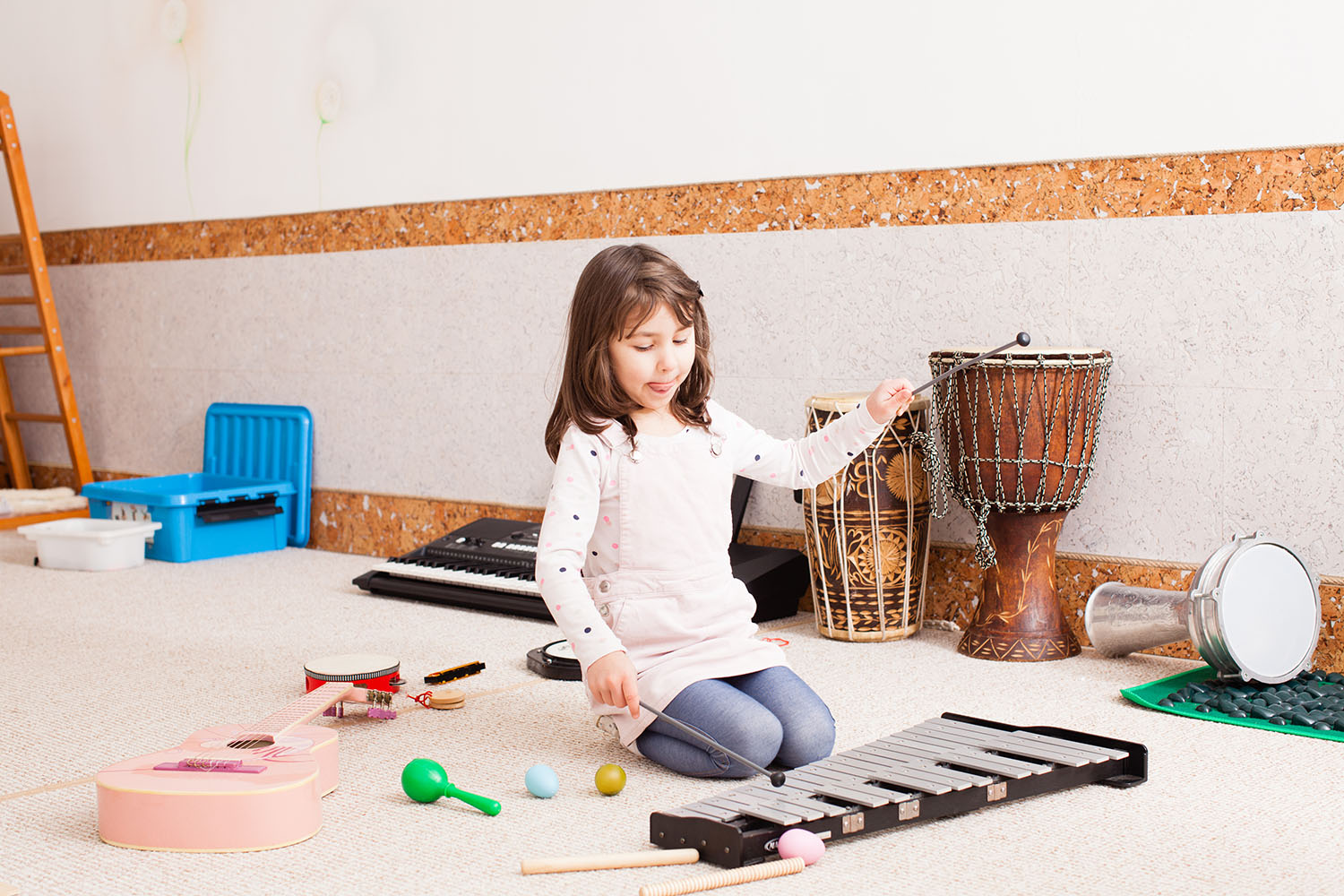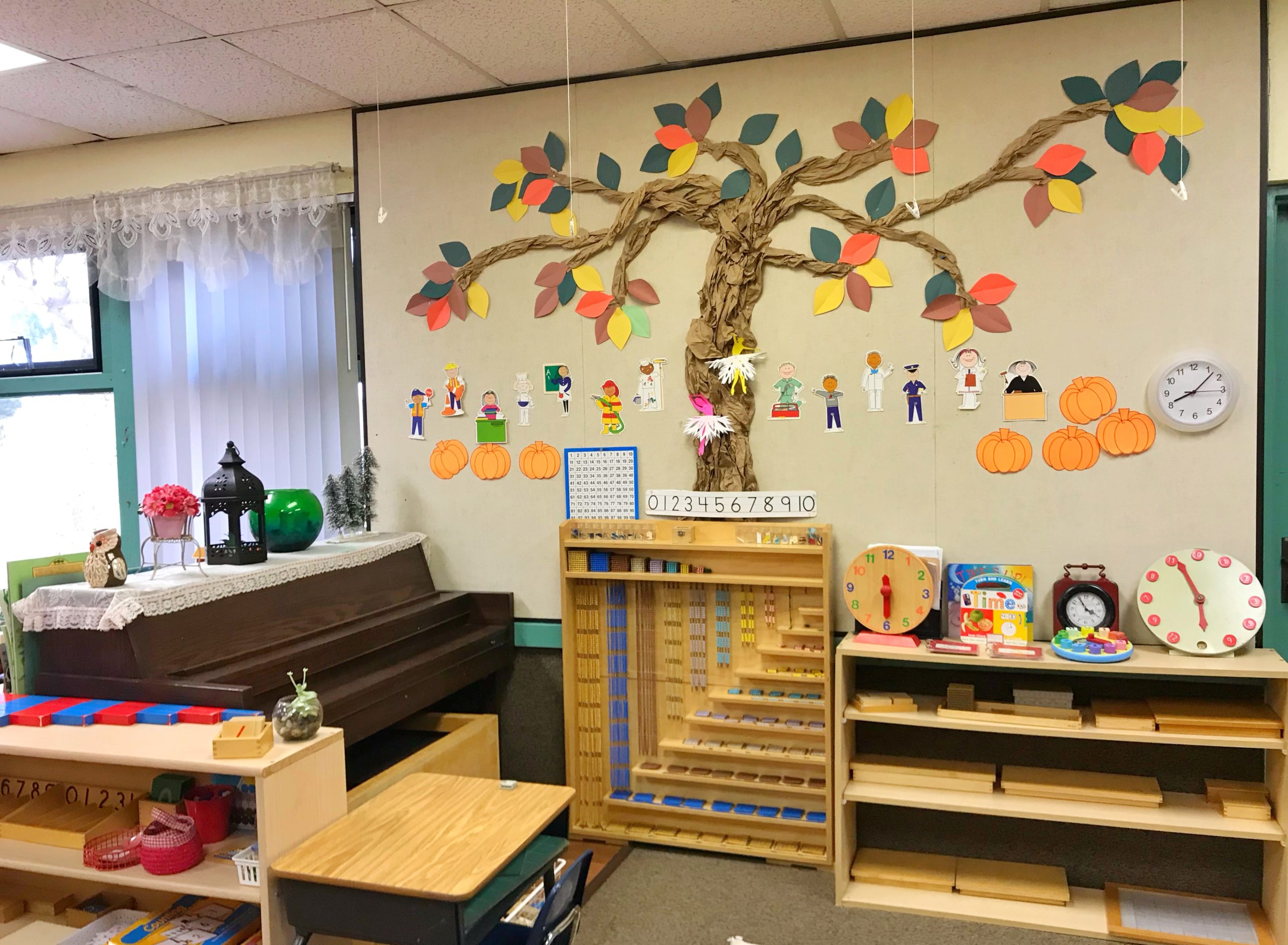
The Montessori method is renowned for its adaptability and effectiveness in nurturing infant development across various domains. Its versatility extends to the realm of music education, where Montessori techniques blend seamlessly with musical elements to create a unique approach – Montessori music education. This practice, rooted in the teachings of Maria Montessori, offers a profound way to introduce infants to the world of music even before they are born. Montessori believed that music was an essential component of a child’s learning journey, starting from their prenatal phase. This perspective underscores the incredible impact of music on infants’ hearts and spirits, setting the stage for a lifetime of enrichment.
To embrace Montessori music education at home, we present a set of valuable tips that empower parents to create a musical environment for their children. At Central Montessori School, we provide an optimal setting designed to cultivate diverse areas of a child’s growth, including music. Here, children explore a wide range of sounds, fostering problem-solving skills and creative expression. Our intimate classrooms ensure personalized attention, while the activities we offer can be seamlessly integrated into your home routine to sustain your child’s continuous learning journey.
The Significance of Music in Education
Much like other Montessori activities, music education offers a platform for skill development through sound exploration and the ability to connect these sounds to their surroundings. Beyond this foundational aspect, early exposure to music yields numerous benefits:
· Rhythmic Stimulation and Cognitive Enhancement
· Fine-tuned Motor Skills and Coordination
· Language Proficiency and Emotional Development
Unveiling the Essence of Montessori Music Education
Effective implementation of Montessori music education necessitates an environment that grants children access to sounds and musical instruments inherent to the activities. The education proceeds through distinct phases, each accommodating the child’s age and capacity, aligning with the central Montessori principle of adaptability.

The Initial Phase: Nurturing Prenatal Engagement
Starting during pregnancy, the first phase involves introducing sounds to the developing baby. This includes a spectrum of auditory experiences, from classical melodies to the soothing white noise. Once born, the child is encouraged to immerse in the soundscape of their surroundings, including their own bodily sounds. Tailored sensory activities, such as attaching bells to a baby’s hands and feet, provide avenues for interaction with sound from an early age. As the child begins to walk, these sounds can aid in maintaining a steady and rhythmic gait.
The Progression: Integration with Learning Activities
At the age of three, Montessori music education is seamlessly woven into other learning activities. Music becomes a complement to tools the child is acquiring, fostering rhythm in their writing, improving sound discrimination, and enhancing classification skills. An illustrative activity involves the use of various bells with distinct sounds, where the child identifies pitches and categorizes them.
The Comprehensive Stage: Exploring the Depths
Around six years old, the child delves into more intricate musical aspects, analyzing and appreciating musical compositions. This phase introduces musical instruments, note equivalences, and the interplay of musical figures with silence. The child becomes adept at associating sound with its representation, grasping the nuances of musical notation and forms. Practical tools like note trays aid this understanding, fostering engagement with the musical world.
Embracing a Lifetime of Enrichment
Montessori music education is more than a pathway to problem-solving; it is a lifelong companion offering unwavering support across every stage of a child’s journey. Just as Maria Montessori envisioned, music profoundly touches the hearts and spirits of infants, enriching their lives with a deep and enduring connection to the world of sound.
In conclusion, Montessori music education embodies the remarkable synergy between Maria Montessori’s timeless principles and the captivating world of music. By nurturing children’s engagement with sound from their prenatal days and harmoniously integrating it into various learning facets, this approach shapes holistic development that transcends the boundaries of conventional education. As a parent, you have the privilege of nurturing this harmonious connection, allowing your child’s learning journey to resonate with the joyful melodies of Montessori music education.




